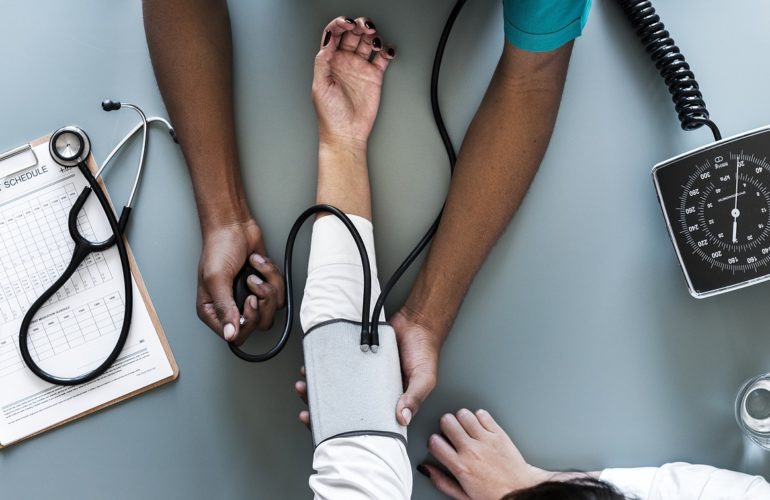Healthcare is a fundamental human right, which is why it is paramount that we make it as easily accessible as possible. However, this is not always the case.
Even though globalisation has reduced some of the obstacles, we still need to deal with high costs, insurance mishaps, and language barriers (among others). Since we do offer medical document translation services, we’re going to approach the topic of language and how we’re actively working on solving this issue.
Whether we’re talking about communication between medical professionals or between healthcare representatives and patients, at an international level, the main barrier remains the language. Often, medical translation requires more than just conveying a message from one language to another. There are specialty terms and scientific notions that require a more in-depth knowledge of the field.
This is the reason why medical translation services must be included in the equation. Still, not every document or medical text should be treated the same. So, if you have a medical translation but don’t know the best way to deal with it, have a look at our tips below.
How Will the Translation Be Used?
Are you looking to get published in an international medical journal? Or maybe you need an official medical document in a different language (for treatment purposes).
In most cases, there are three options when it comes to usage:
- The translation will be used for official purposes (publishing, communication with medical professionals, applications for various organisations, and more).
- You need to communicate (in writing) with patients from a different country (and vice-versa)
- The translation is needed to gain deeper knowledge on a specific topic.
If you are in the first two situations, you will need to hire specialised medical document translation services. Otherwise, if the result won’t be published or used for high-level communication, you can use a free translation platform such as Google Translate.
However, you need to be careful when using free translation. According to a BMJ study revealed that Google Translate is only 58% accurate when it comes to medical communication. Furthermore, these sorts of platforms should never be used on confidential documents!
Full Translation or Proofreading?
Most medical professionals are proficient in several languages, which is why many prefer doing the translation themselves. However, when it comes to medical journals or other ways of publication, you may need help from a professional medical translator.
Our collaborators in medical document translation are well-versed in academic writing and practices. Furthermore, we only work with native speakers, who have a proved record of working in the medical field.
So, even if you are working on the translated text, it is best to have it reviewed by a professional.
Focus on Speciality
Just like medical professionals, translators specialise in particular fields and types of text. As such, it helps to look for someone who is experienced in the field you need. Working with someone who has the appropriate expertise may seem a bit costlier than working with a beginner, but you can be 100% sure your translated documents are accurate, easy to read, and on topic.
Wrap Up
Medicine is an ever-changing field, with new technologies and discoveries happening all the time. However, none of these could be possible (or could have been possible) without proper communication at an international level.
